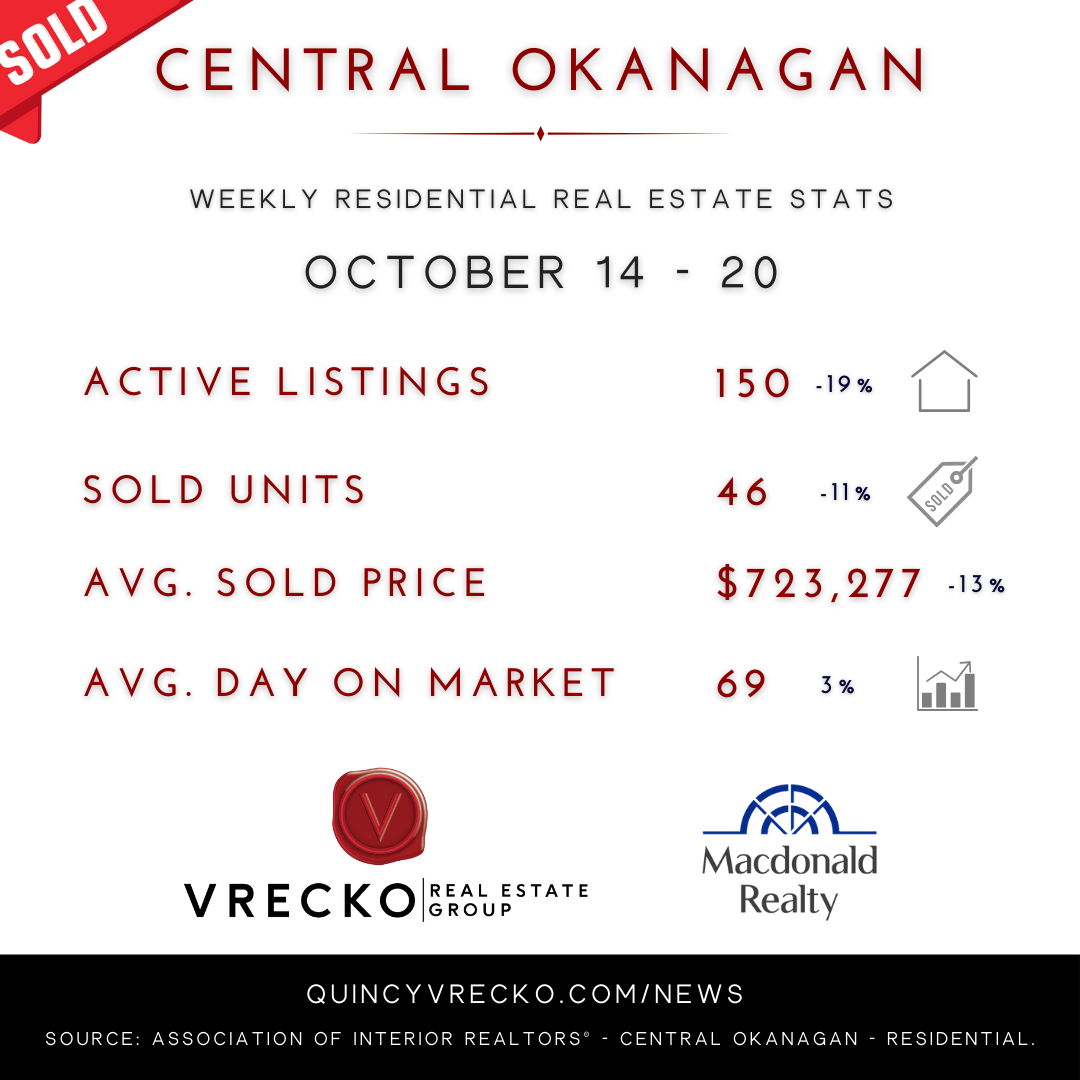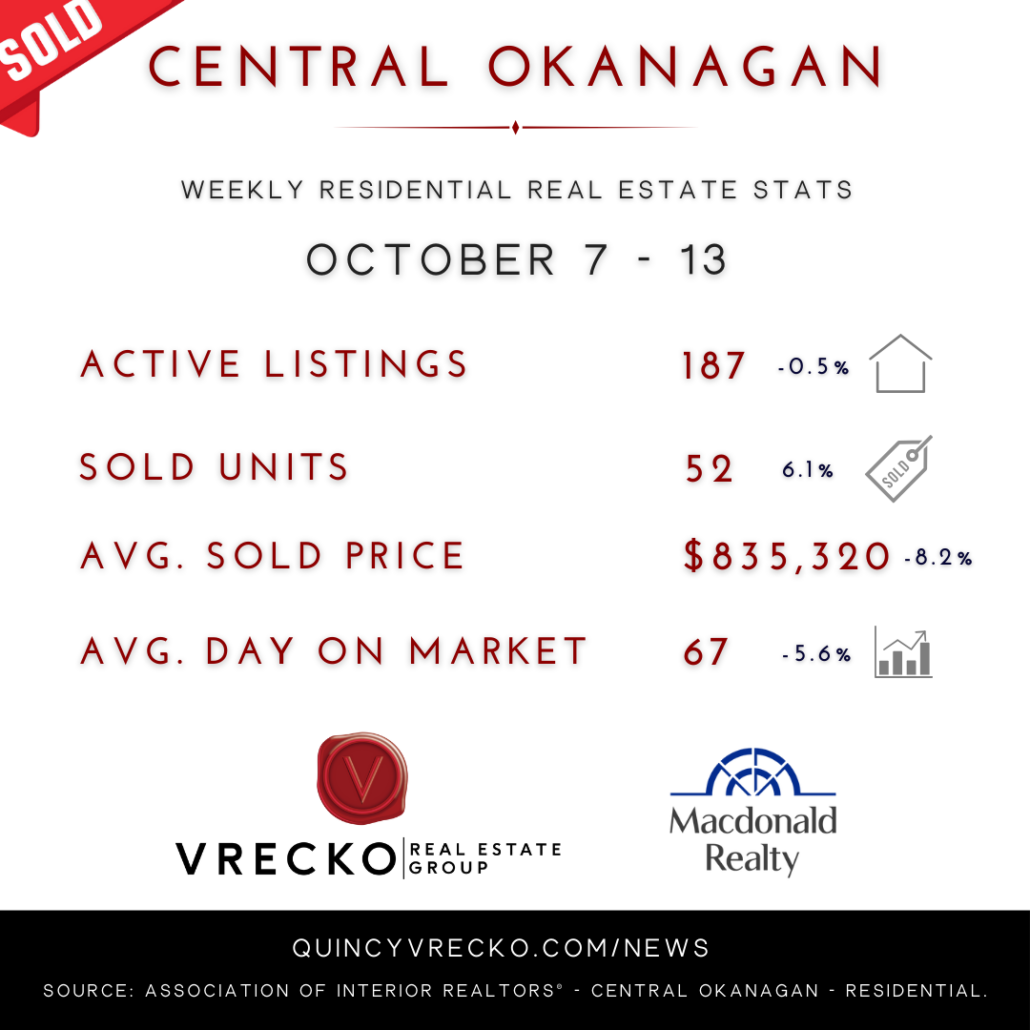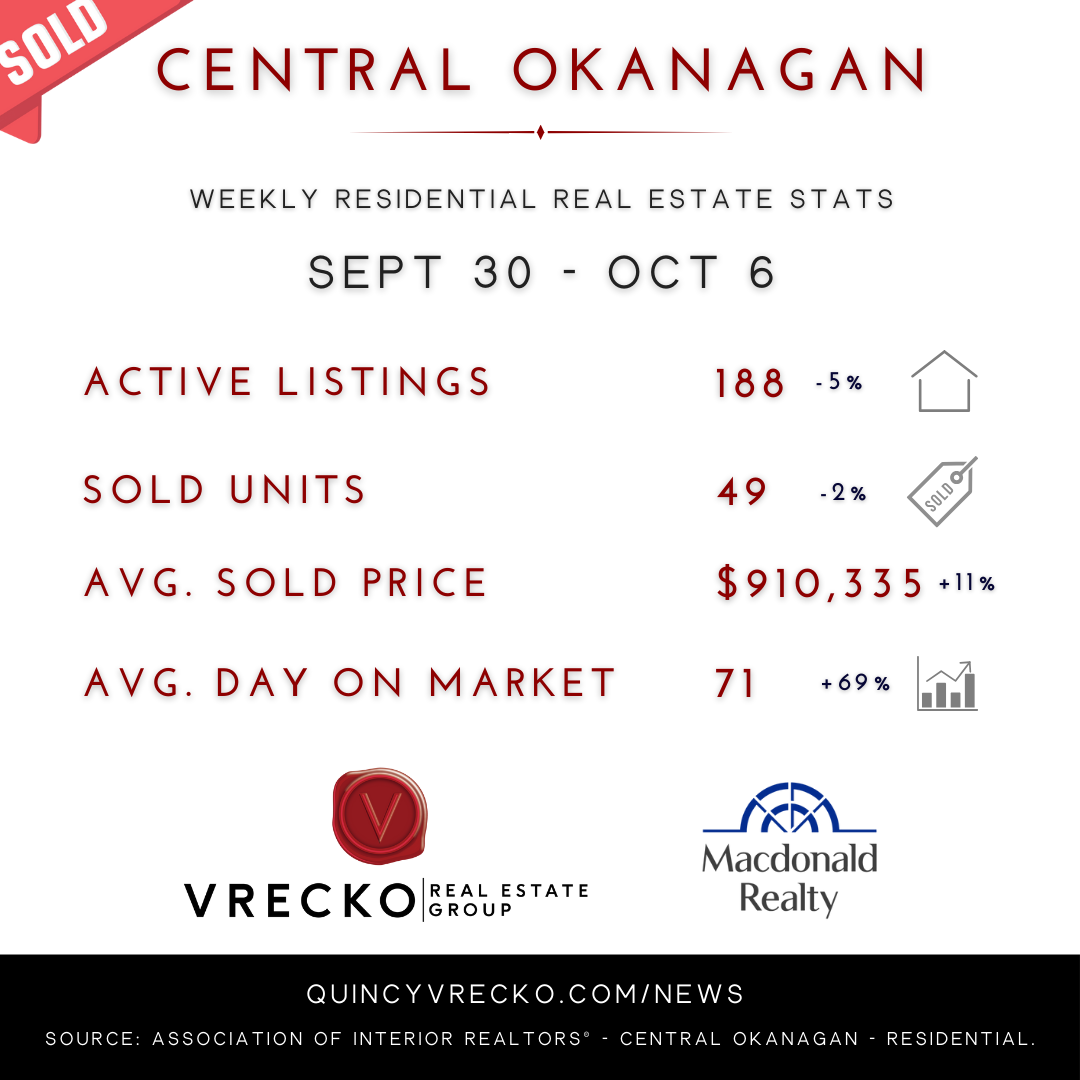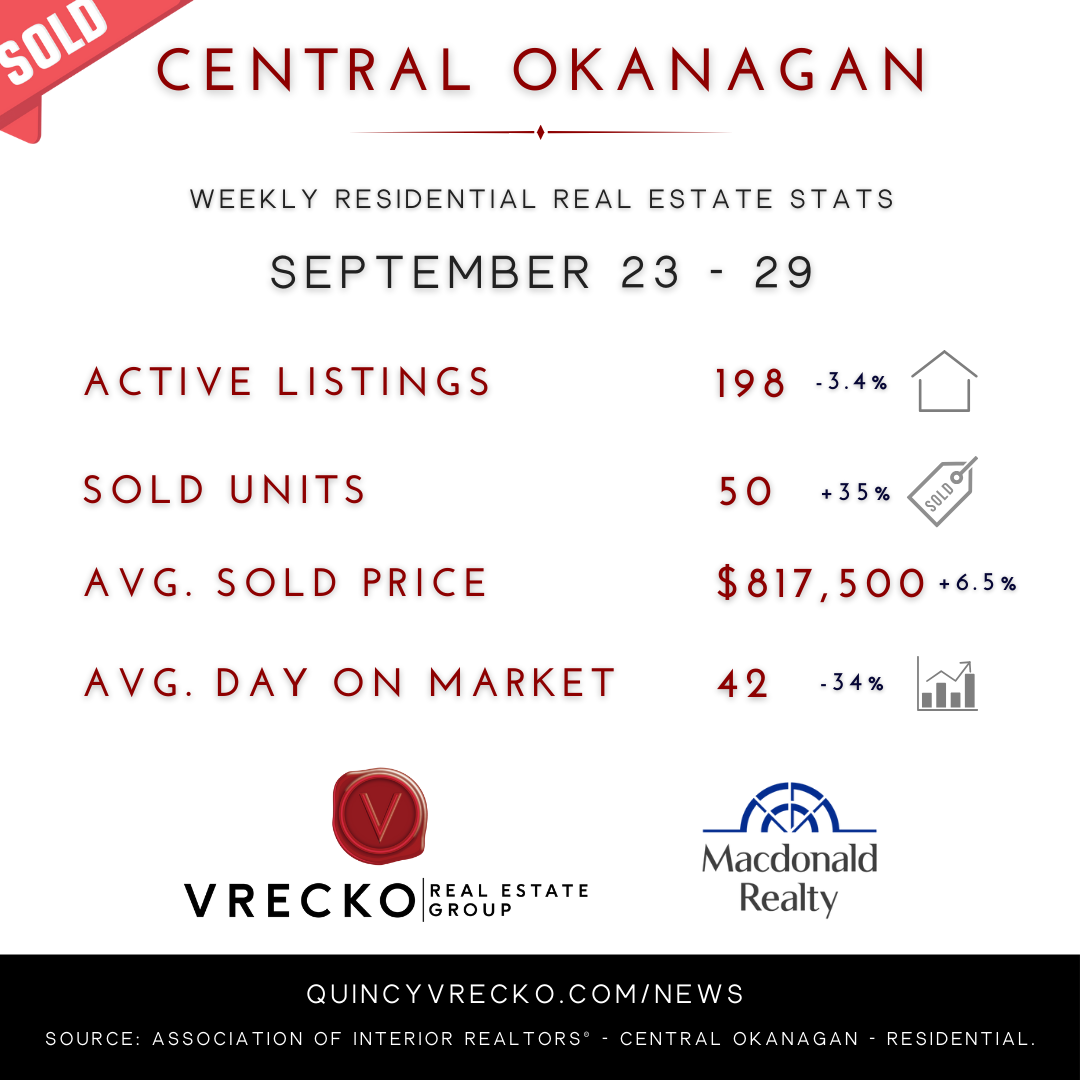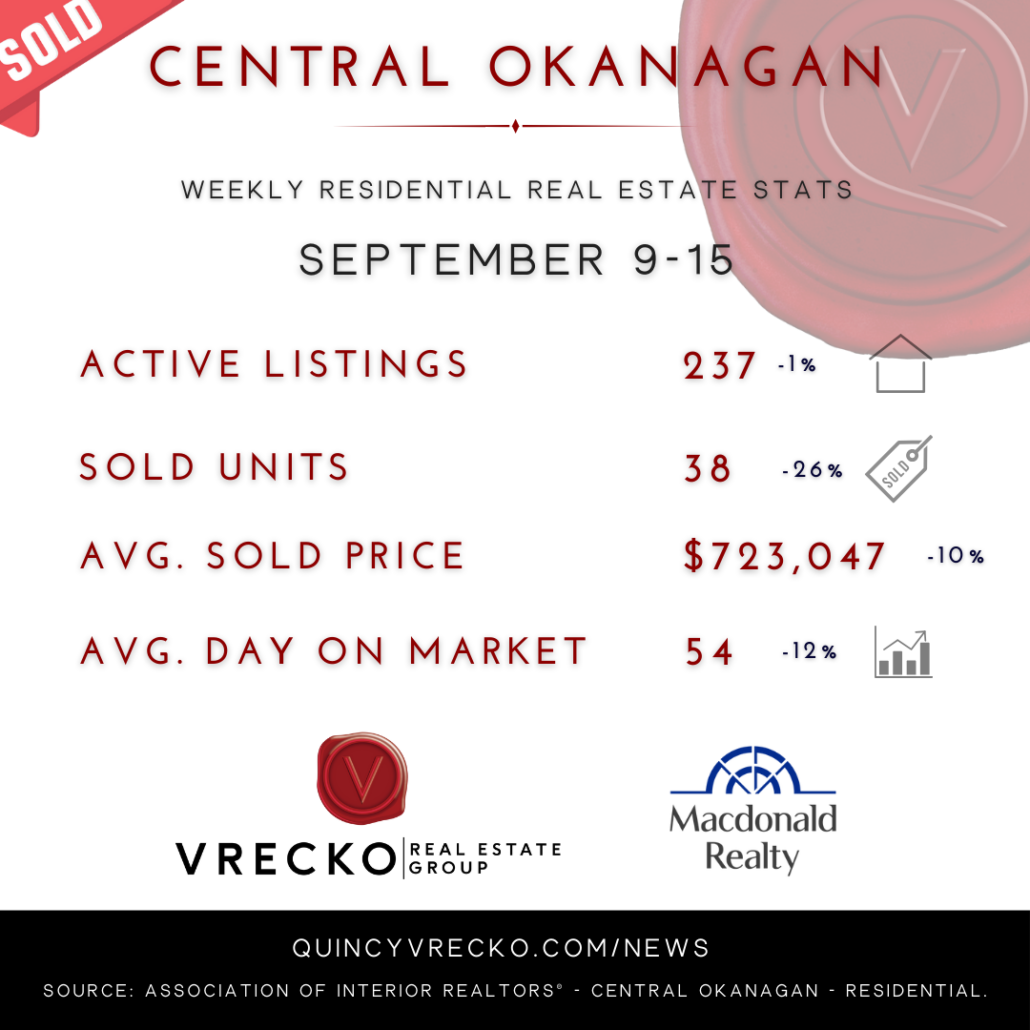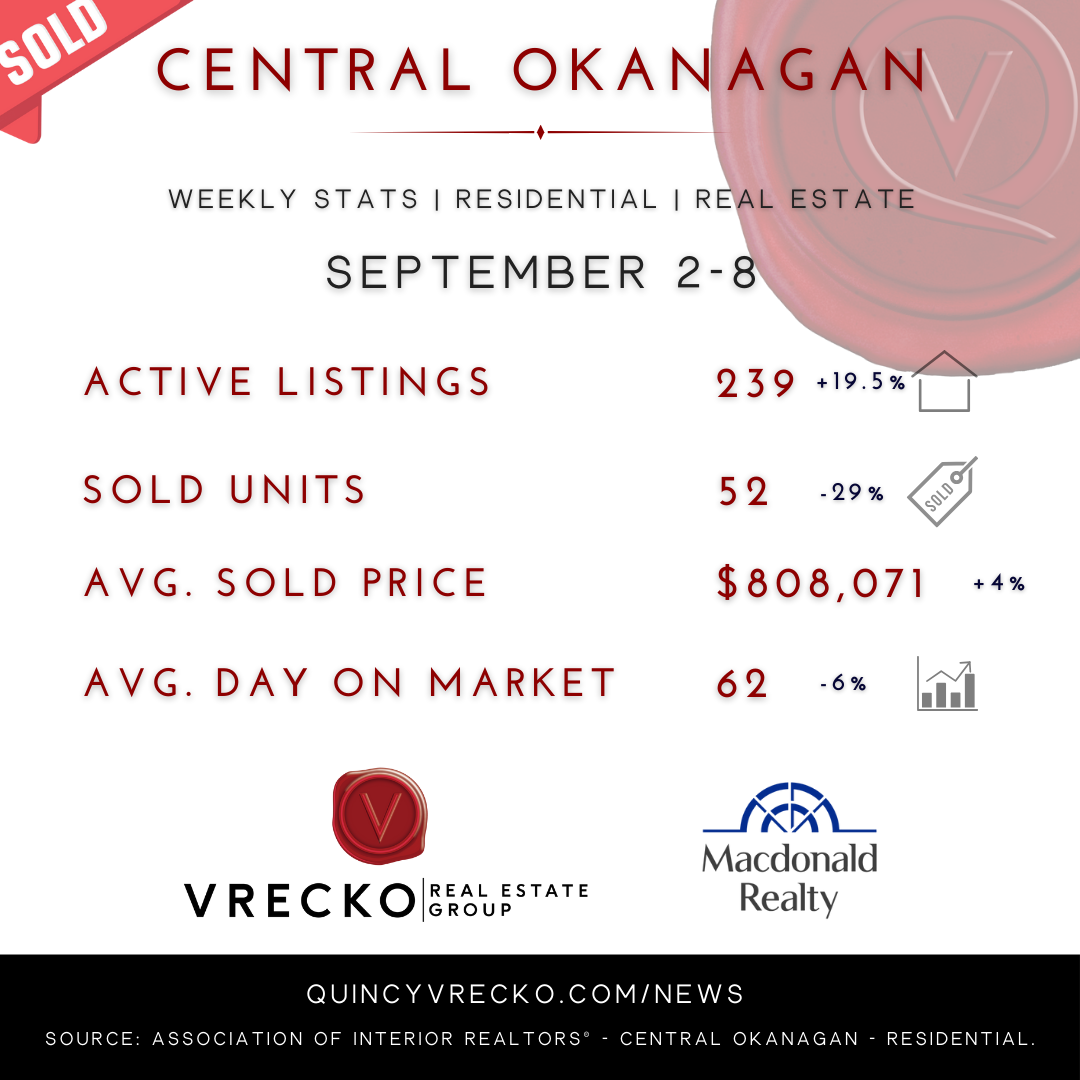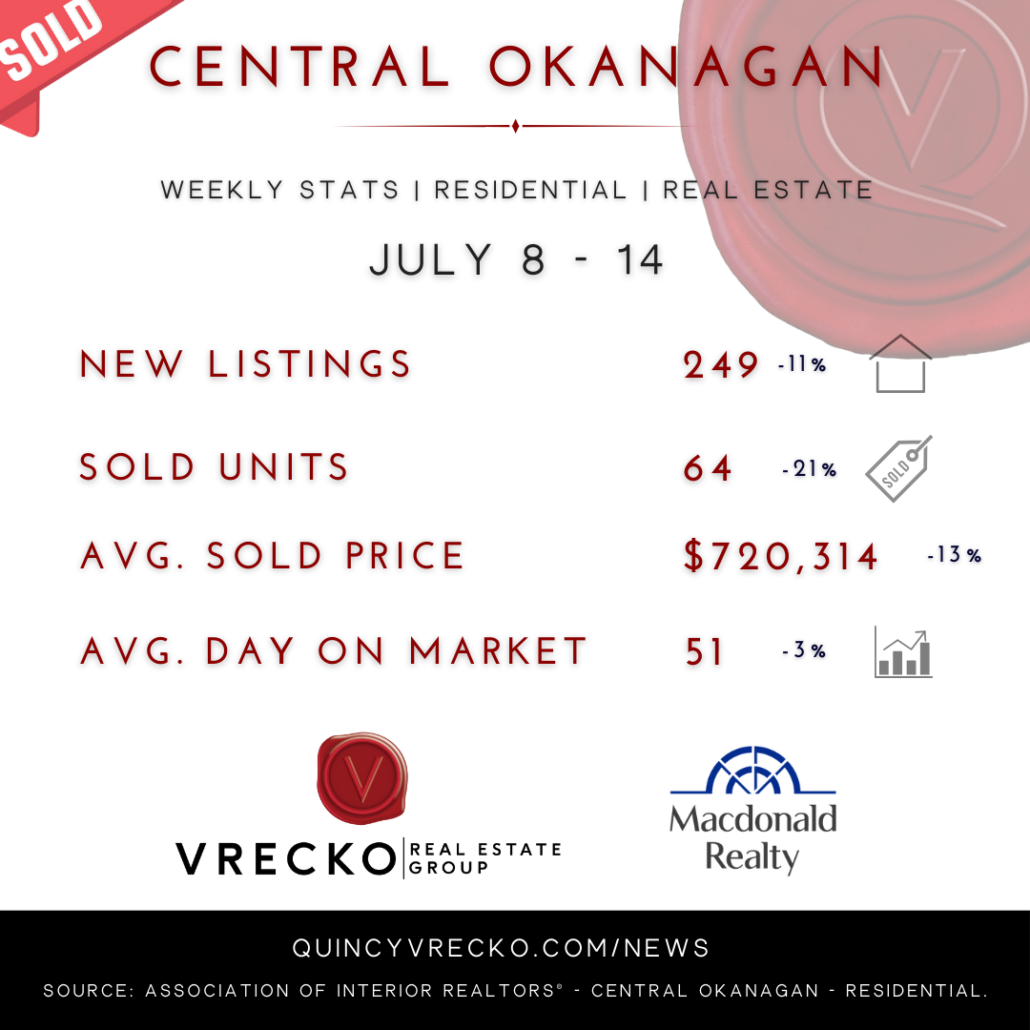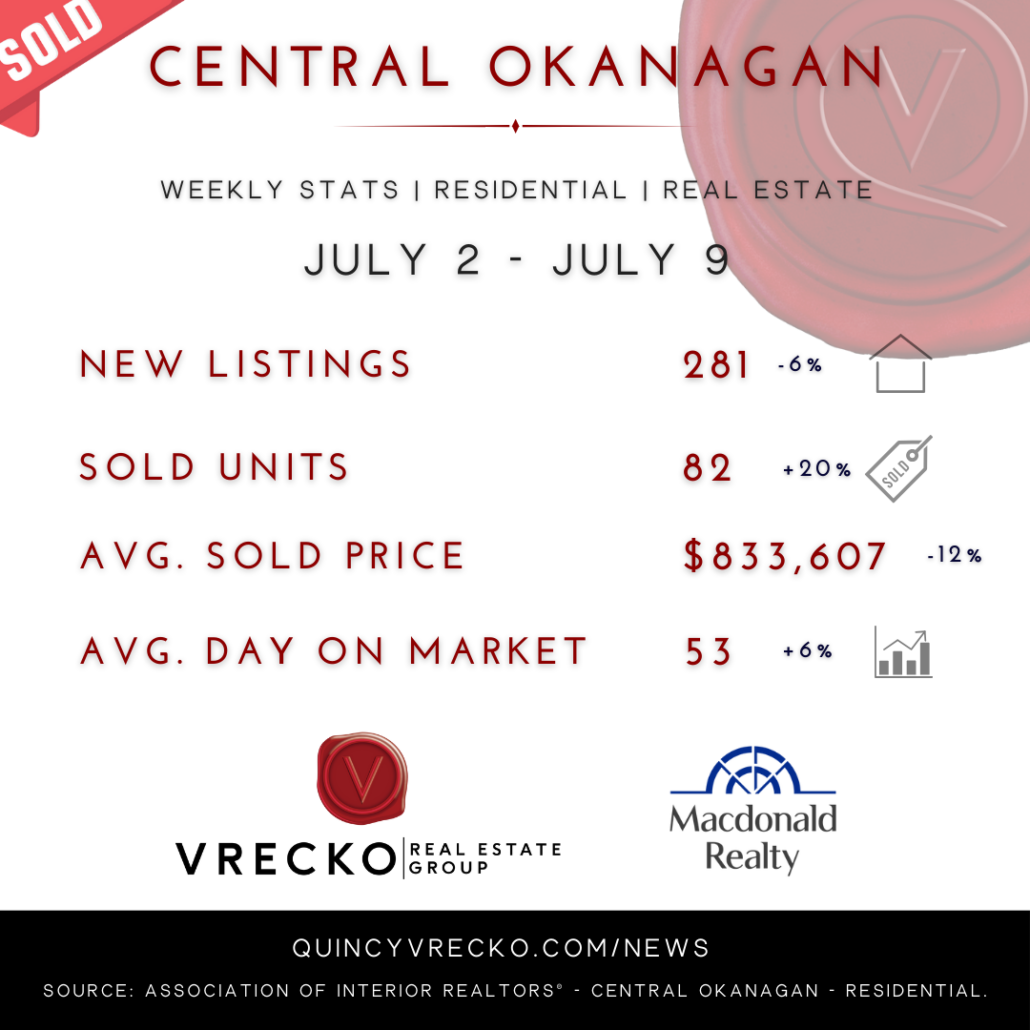Understanding Bill 35 & BC’s New Rental Restrictions
Starting May 1, 2024, short-term rentals in BC will be limited to the host’s primary residence plus one secondary suite. Bill 35 aims to ban investment properties from being rented out for any period under 90 days. Hosts in Vancouver, Victoria, and Whistler may require business licenses to operate for profit.
Starting on May 1, 2024, the Province will enforce a Provincial principal residence requirement in some areas of the province. This will limit short-term rentals to the host’s principal residence and one secondary suite or accessory dwelling unit on the same property.
In January 2025, the government will require municipalities to change their zoning rules to offer more affordable multi-unit housing options, such as townhomes, multiplexes, and laneway
houses. The Province will introduce new legislation to provide more small-scale, multi-unit housing options for people and to fix outdated zoning rules. This will help build more homes faster.
The crackdown on Airbnb rentals will be aimed at operators of multiple investment units, rather than homeowners who have a primary residence with a suite to rent out. The principal residence requirement will not take effect until May 1, 2024.
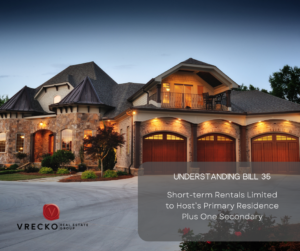
Residents of British Columbia will only be allowed to lease their primary residence plus one additional secondary suite for short-term rentals when new regulations are enacted. This includes rental listings on various online platforms like Airbnb, VRBO, Expedia, and FlipKey.
Bill 35 in BC intends to ban investment properties from being rented out for any period under 90 days. The aim is to create more rental housing throughout the province, and the new legislation has been met with both criticism and praise. This has implications for strata corporations in BC.
Province of British Columbia – New rules for short-term rentals
Province of British Columbia – More small-scale, multi-unit homes coming to B.C., zoning barriers removed
City of Kelowna – Short-term rentals
BC homeowner ordered to pay strata thousands for listing home on Airbnb – May 14th, 2024
Civil Resolution Tribunal – Indexed as: The Owners, Strata Plan VR45 v. Dexter, 2024 BCCRT 449
Reach out, we are here to help and answer any questions you may have!
Interested in moving to Kelowna, download our Relocation Guide, or thinking of selling check out our Listing Package.
